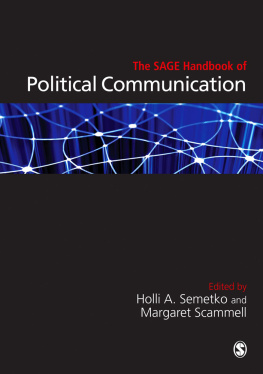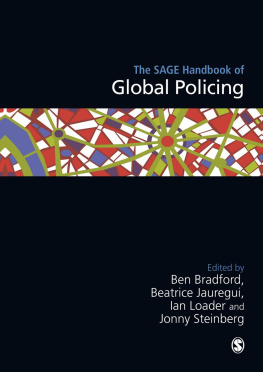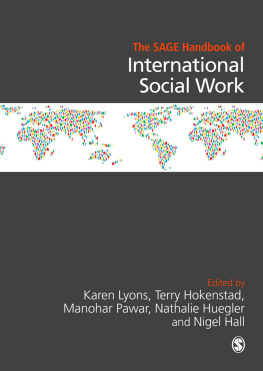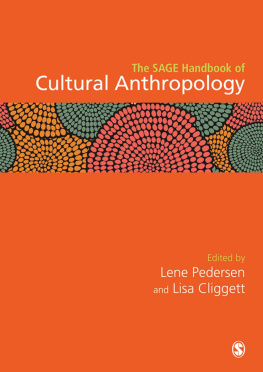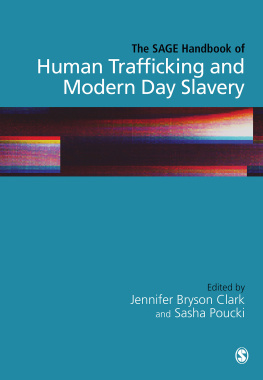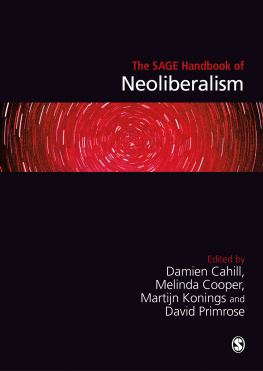The SAGE Handbook of
Political Communication
The SAGE Handbook of
Political Communication
Edited by
Holli A. Semetko and
Margaret Scammell
Apart from any fair dealing for the purposes of research or private study, or criticism or review, as permitted under the Copyright, Designs and Patents Act, 1988, this publication may be reproduced, stored or transmitted in any form, or by any means, only with the prior permission in writing of the publishers, or in the case of reprographic reproduction, in accordance with the terms of licences issued by the Copyright Licensing Agency. Enquiries concerning reproduction outside those terms should be sent to the publishers.
SAGE Publications Ltd
1 Olivers Yard
55 City Road
London EC1Y 1SP
SAGE Publications Inc.
2455 Teller Road
Thousand Oaks, California 91320
SAGE Publications India Pvt Ltd
B 1/I 1 Mohan Cooperative Industrial Area
Mathura Road
New Delhi 110 044
SAGE Publications Asia-Pacific Pte Ltd
33 Pekin Street #02-01
Far East Square
Singapore 048763
Library of Congress Control Number: 2011937949
British Library Cataloguing in Publication data
A catalogue record for this book is available from the British Library
ISBN 978-1-84787-439-9
ISBN 978-1-4462-0101-5 (pbk)
Typeset by Cenveo Publisher Services
Printed in India at Replika Press Pvt Ltd
Printed on paper from sustainable resources
Contents
Holli A. Semetko and Margaret Scammell
Michael X. Delli Carpini
Pippa Norris and Ronald Inglehart
Fred Fletcher and Mary Lynn Young
Richard Davis
Rachel K. Gibson and Stephen Ward
John Street
Mara Jos Canel and Karen Sanders
Scott L. Althaus
Bruce Bimber
W. Lance Bennett, Deen G. Freelon, Muzammil M. Hussain and Chris Wells
Stephen Coleman and Jay G. Blumler
Doris A. Graber and Gregory G. Holyk
Susan A. Banducci with Elisabeth Gidengil and Joanna Everitt
Kim L. Fridkin and Patrick J. Kenney
Kees Aarts and Holli A. Semetko
Jack M. McLeod and Nam-Jin Lee
Ann N. Crigler and Marion R. Just
Shanto Iyengar and Lynn Vavreck
William P. Eveland, Jr, Myiah J. Hutchens and Alyssa C. Morey
Stephen D. Reese and Jae Kook Lee
Debra Spitulnik Vidali and Mark Allen Peterson
Kevin G. Barnhurst and Kelly Quinn
Claes H. de Vreese and Sophie Lecheler
Dennis Chong and James N. Druckman
Sean Aday, Robert M. Entman and Steven Livingston
Piers Robinson
Vanessa B. Beasley
Jisuk Woo, Min Gyu Kim and Joohan Kim
Holli A. Semetko, Margaret Scammell and Andrew Kerner
Rens Vliegenthart and Stefaan Walgrave
Diana Owen
June Woong Rhee and Eun-mee Kim
Xian Zhou
Silvio Waisbord
Hubert Tworzecki
Sarah Oates
Sam Cherribi
Christine Garlough
Ian Glenn and Robert Mattes
Paolo Mancini and Daniel C. Hallin
Richard Tait
Notes on Contributors
Kees Aarts is Professor of Political Science in the School of Management and Governance and Scientific Director of the Institute for Innovation and Governance Studies (IGS) at the University of Twente. His research focuses on democracy, elections and electoral behavior, in the Netherlands as well as in an international comparative perspective.
Sean Aday is an Associate Professor of Media and Public Affairs and International Affairs at George Washington University, where he is also director of the Institute for Public Diplomacy and Global Communication and of the Global Communication MA program. His work focuses on the intersection of the press, politics and public opinion, especially in relation to war and foreign policy, and he has been involved in media and government capacity training projects globally, including in Iraq and Afghanistan.
Scott L. Althaus is an Associate Professor of Political Science and Communication at the University of Illinois Urbana-Champaign. His research examines the communication processes by which ordinary citizens and government officials exchange politically relevant information, as well as the impact of strategic communication efforts on news discourse and public opinion. He is the author of Collective Preferences in Democratic Politics (Cambridge University Press, 2003), which addresses the uses of opinion surveys for political representation. He is currently working on books about the dynamics of public support for war and the role of strategic communication in shaping news coverage about war.
Susan A. Banducci is Professor of Political Science at the University of Exeter. She is currently coordinating a training network in electoral democracy that involves 18 researchers from 9 countries. Her research focuses on campaigns, elections and media and has appeared in The Journal of Politics, British Journal of Political Science, Electoral Studies, Journal of European Public Policy and Information Polity.
Kevin G. Barnhurst is Professor, Department of Communication, University of Illinois at Chicago. For the International Communication Association (ICA), he was the founding chair of Visual Communication Studies. His books include Media Queered: Visibility and its Discontents (Lang, 2007), an edited collection; The Form of News, A History (Guilford, 2001), with John Nerone, the ICA Outstanding Book of 2003 and recipient of the MEA Suzanne Langer Award (2002) and AEJMC Covert Award for media history (2001); and Seeing the Newspaper (St Martins, 1994), winner of a Mellett citation for media criticism and named an In These Times magazine best book. His more than 100 publications include scholarly work in English, Italian and Spanish.
Vanessa B. Beasley is an Associate Professor of Communication Studies at Vanderbilt University. She is the author of You, the People: American National Identity in Presidential Rhetoric (Texas A&M University Press) and editor of Who Belongs in America: Presidents, Rhetoric and Immigration (Texas A&M University Press). Her research has also been published in Quarterly Journal of Speech, Rhetoric & Public Affairs, Political Communication, Communication Monographs and elsewhere. The recipient of numerous teaching awards, Beasley teaches courses in mass media and politics, presidential rhetoric, rhetorical criticism and the history of public address in the USA.
W. Lance Bennett is Professor of Political Science and Ruddick C. Lawrence Professor of Communication at University of Washington in Seattle. He is also Director of the Center for Communication & Civic Engagement (www.engagedcitizen.org). He has authored numerous books and articles on ways in which mediated communication affects the qualities and processes of civic engagement and political participation. He is editor of Civic Life Online: Learning How Digital Media Can Engage Youth (MIT Press, 2008).
Bruce Bimber

